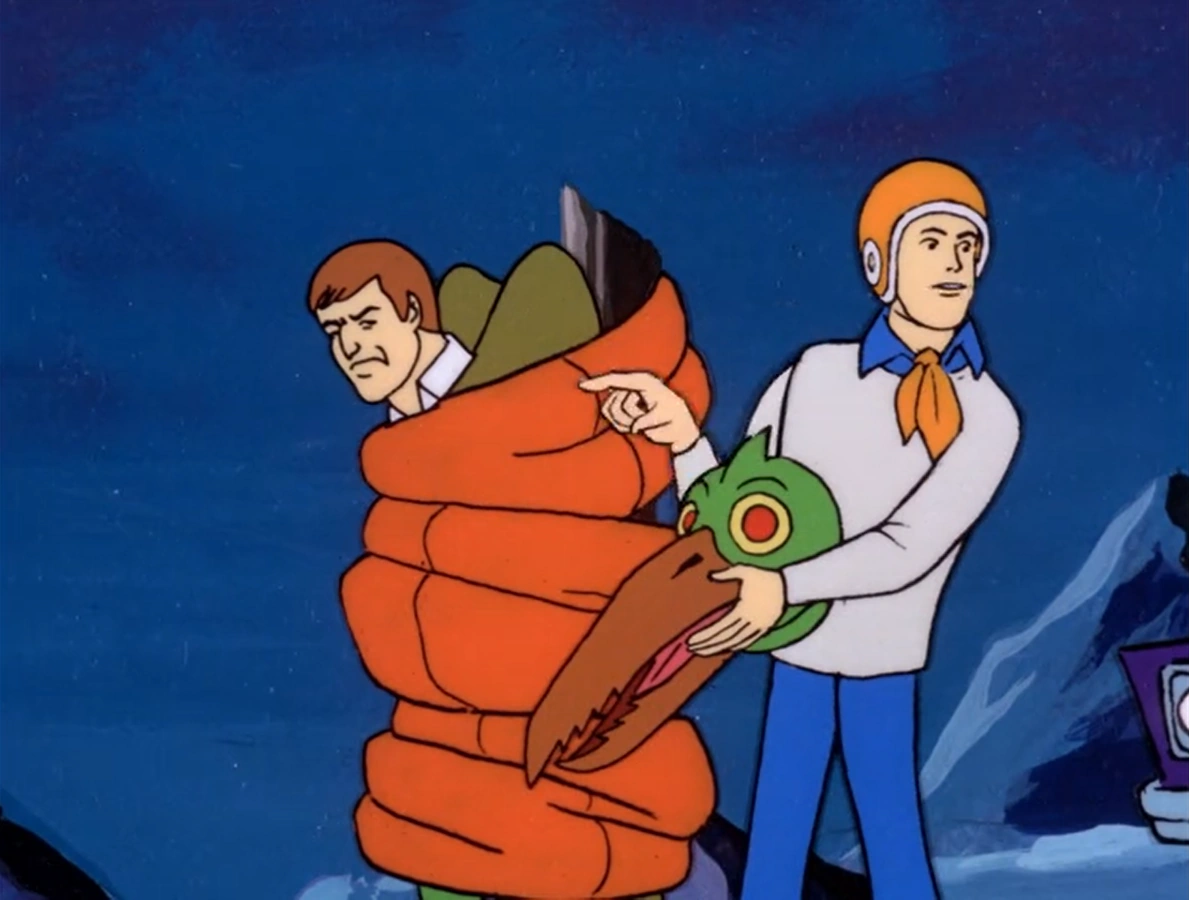Imposter Syndrome is the idea that you have somehow reached where you are professionally (or social status wise) by some mistake -- not your own, but someone else's. You did or said something that gave someone else confidence in you, and they gave you responsibility or praise or recognition that you don't really deserve and can't live up to. It is a problem that many professionals, especially those in positions of leadership, responsibility, or creativity, grapple with.
This problem is particularly pervasive, I've noticed, in academia and in writing. Though I bet there are MANY other professions where it is happening in every office as well. There are exceptions to the rule; Engineers generally don't seem to struggle with this as much and seem to either be taught -- or it is innately a part of the personality that gets into engineering -- that they are capable and the best and failure is only part of the process.
With writers though, Imposter Syndrome -- for the majority of talented, heartfelt, full-of-potential, creative people -- seems to sadly be the FIRST obstacle they have to tackle on entering the field.
Where other professions might experience such conflicted feelings with a promotion or award, writers face these feelings before publishing anything in most cases.
And sadly, for many it takes a very long time -- perhaps even 3 best sellers -- to really go away. There is always some way we can find to undermine our work, our ideas, or our efforts.
And it can always return.
If you don't want to take my word for it, check out Chuck Wendig's post which synthesizes a series of stories and posts from rather famous authors detailing their own struggles with this phenomena: "Assorted Thoughts on Imposter Syndrome, Gathered in a Bouquet."
One thing that Wendig notes is:
"As writers we so often have the feeling like we are a Scooby-Doo monster about to be unmasked. I don't think you ever really lose that.Dead on.
BUT -- and here is a vital part of the lesson -- you can help diminish that feeling in other writers by making them feel welcome and a part of the tribe.
Recognize other writers feel like impostors too -- and you can combat the feeling in yourself by helping them combat it when you welcome them. In this, community blooms.
You'll never lose it. But you can help others feel like they belong. And when community grows you feel less alone."
For me, many things in life seem to lose their magic or appeal once they are revealed. It's like getting a summer job at your favorite place just to realize it has just as many mundane tasks as any other and the people running it are flawed just like you. While this may be disappointing as a future patron, I have found with writing -- or tasks that I wish to accomplish myself, for which I am truly invested -- the opposite happens. Instead of being disappointed and blasé, everything suddenly seems -- manageable. I don't feel like an imposter so much any more.
Here's the thing, when it comes to writing, pretty much EVERYONE struggles. EVERYONE gets rejected and a whole sale bulk of us feel like imposters doing it.
But here is the real truth. While we may fear we're a Scooby-Doo monster, as Wendig suggests, we're actually nothing like Old Man Smithers, and much more like Scooby-Doo and/or Shaggy:
We're the least likely of detectives, full of fear, bumbling about, yet somehow finding the most relevant pieces to the puzzle in the most creative and sudden ways, and doing most of it with a vigorous appetite and sense of humor. And it is our friends and writing acquaintances -- the ones who seem more cool headed but likely know as little as we do but more about different areas (Daphne, Fred) encouraging us to keep going and our editor or beta (Thelma!) who show us how our pieces fit together to find an amazing solution (an excellent story) who move us to true success.
And just like Shaggy and Scooby, despite our support we're still at the heart of it. We're still the ones finding the most relevant pieces and making the mystery solvable; we just don't know we are.
And so, just like them, no matter how many mysteries we solve or stories we write, there is always the likely chance that we'll face the next project with the same level of fear and trepidation, and still need some level of support from our friends.
We may be wiser, but we don't recognize our growth as much as we should.
But hey, there's a reason Shaggy and Scooby hardly ever go it alone. It's because that team is important. Our goal shouldn't be to break free of them, but to embrace them. To ride around in the back of their van and let them keep pushing us to keep up the adventure. To keep wandering into the scary places, focusing on what we love most, even if we say we'd rather not be doing it sometimes or that the fear is too great. (We'll do it for that Scooby Snack, whatever that may be for you. The thrill? The love of your characters? A sub sandwich? Wait...)
And maybe one day, once we realize they're (our supports are) part of the process, we too will realize that all the things that make us feel like an imposter, are actually the things that make us authentic as hell.
Likewise, those monsters, failures, that we fear so much are far less frightening than the swamp monsters and ghost knights we make them out to be.
But isn't that what our friends tell us all the time anyway?
...
I knew there was a reason I loved Scooby so much as a kid.




Comments
Post a Comment